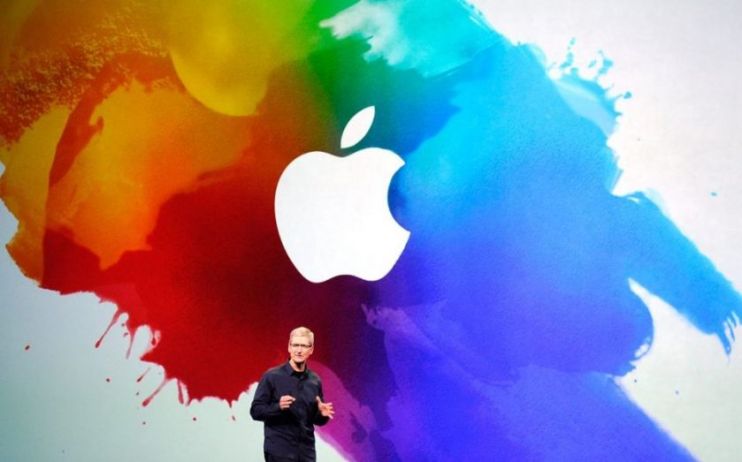Why Apple cannot rely on the iPhone 11 to satisfy investors

Apple’s product launches have gained an almost cult-like following and, as ever, the online rumour mills have been in overdrive ahead of tonight’s tech spectacle.
CEO Tim Cook will take to the stage at Apple’s California headquarters from 6pm, where he is expected to unveil the iPhone 11.
Read more: Everything you need to know about the iPhone 11
The Silicon Valley ceremonies have traditionally given the tech behemoth the chance to stir up excitement among tech geeks and investors alike.
However, as smartphone sales slip and demand for the latest gadgets wanes, all eyes will be on Cook to see if his company can live up to expectations.
Rotten Apples
Apple had a rotten start to the year, after a shock profit warning sent shares crashing.
At the heart of the firm’s troubles is a decline in demand for mobile phones, with global sales forecast to decline 0.5 per cent this year, according to research firm Gartner.
For Apple, this has been combined with a strategy of price hikes, and a perceived lack of new functionality in its latest product upgrades.
While Apple’s shares have risen by just over a fifth since the launch of the iPhone X in September 2017, its most recent models have done nothing to stave off sluggish trading.
“This does raise the stakes for the iPhone 11,” says Russ Mould, investment director at AJ Bell. “Investors will be looking forward to the launch every bit as keenly as gadget fans, in the hope that it can spur profits and the share price alike.”
Yet a string of leaks have suggested that the iPhone 11 will again offer only incremental improvements, with the biggest overhaul expected in the form of a triple camera.
“Amidst everything else that has been going on I can’t remember there being so little hype around an iPhone launch,” says Michael Hewson, chief market analyst at CMC Markets.
“The fact is that with iPhone sales in decline and the global economy slowing it’s hard to see that slide being arrested with a few new fancy upgrades.”
Crucially, the next-generation iPhone is not expected to offer 5G connectivity, a move Hewson warns makes it outdated from the outset.
Read more: What is 5G, and exactly how does it work?
Service with a style
If the iPhone 11 appears to offer little promise for investors, Apple’s future success may lie elsewhere.
The tech giant has made a concerted effort to shift its focus towards service offerings, with recent moves into news, fintech and – perhaps most importantly – video streaming.
The shift is already starting to pay dividends, with services and wearables taking up the slack for the smartphone decline.
Combined sales from these divisions rose 22 per cent in the third quarter to $17bn (£13.8bn), and now account for almost a third of the company’s total revenue.
Cook may well use next week’s launch to unveil more details about its services, in particular its roster of original films and TV shows for Apple TV Plus.
Thomas Husson, vice-president and principal analyst at Forrester, describes 2019 as a “transition year” for Apple and points to a new focus on services.
“Apple has an opportunity to evolve its business model by increasingly bundling content and subscription services on top of its hardware,” he says.
Read more: DEBATE: Should Apple create a cheaper iPhone to stem the decline in sales?
A little trouble in big China
But while Apple will be hoping to charm investors with its glitzy presentation, some aspects of its business are under threat from beyond California’s borders.
Ongoing trade tensions between Washington and Beijing have weighed heavily on the tech firm, which relies on China as a market both for selling and manufacturing its phones.
For all their concerns over shiny new gadgets, investors will also be wary that the tech giant – much like its Chinese rival Huawei – is at the mercy of political tensions.